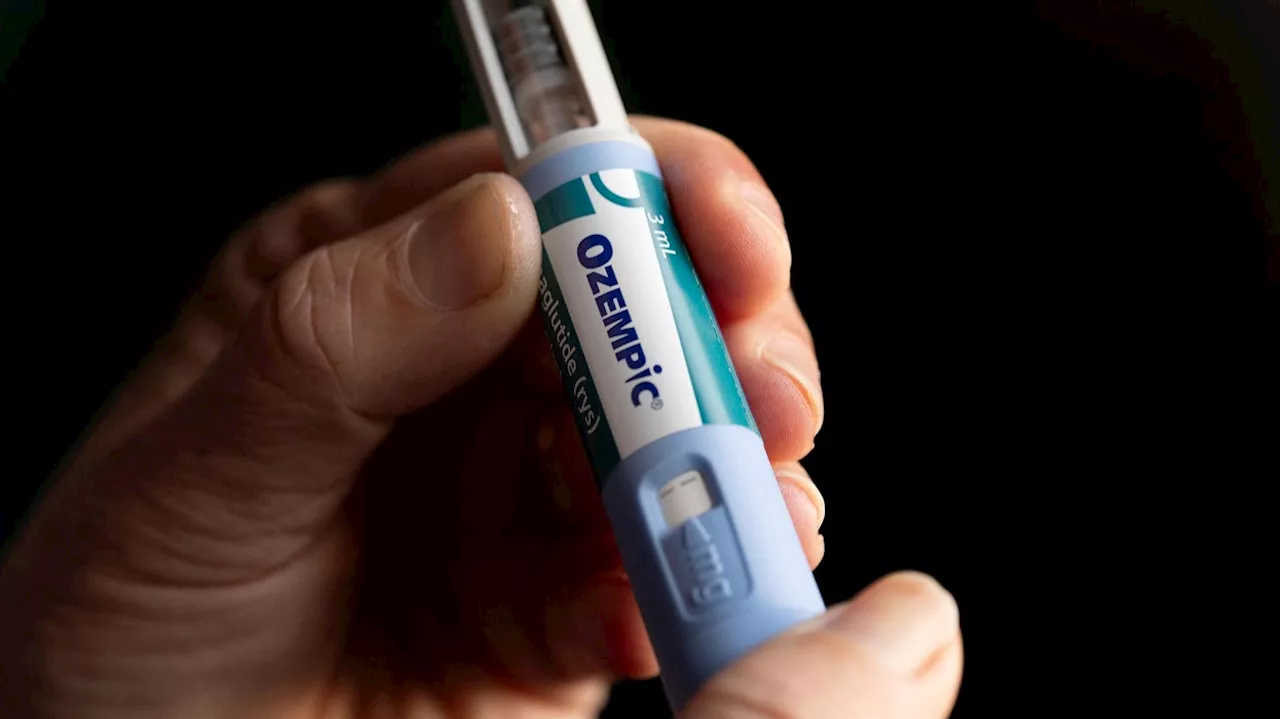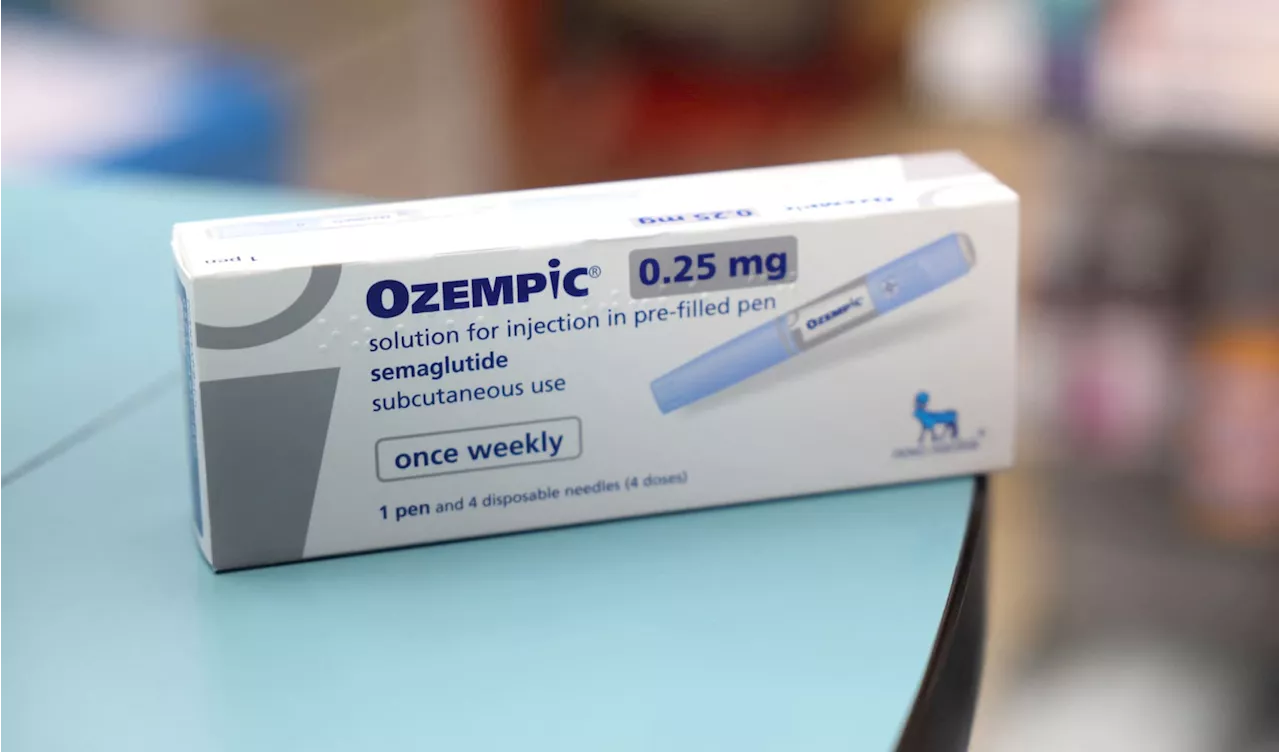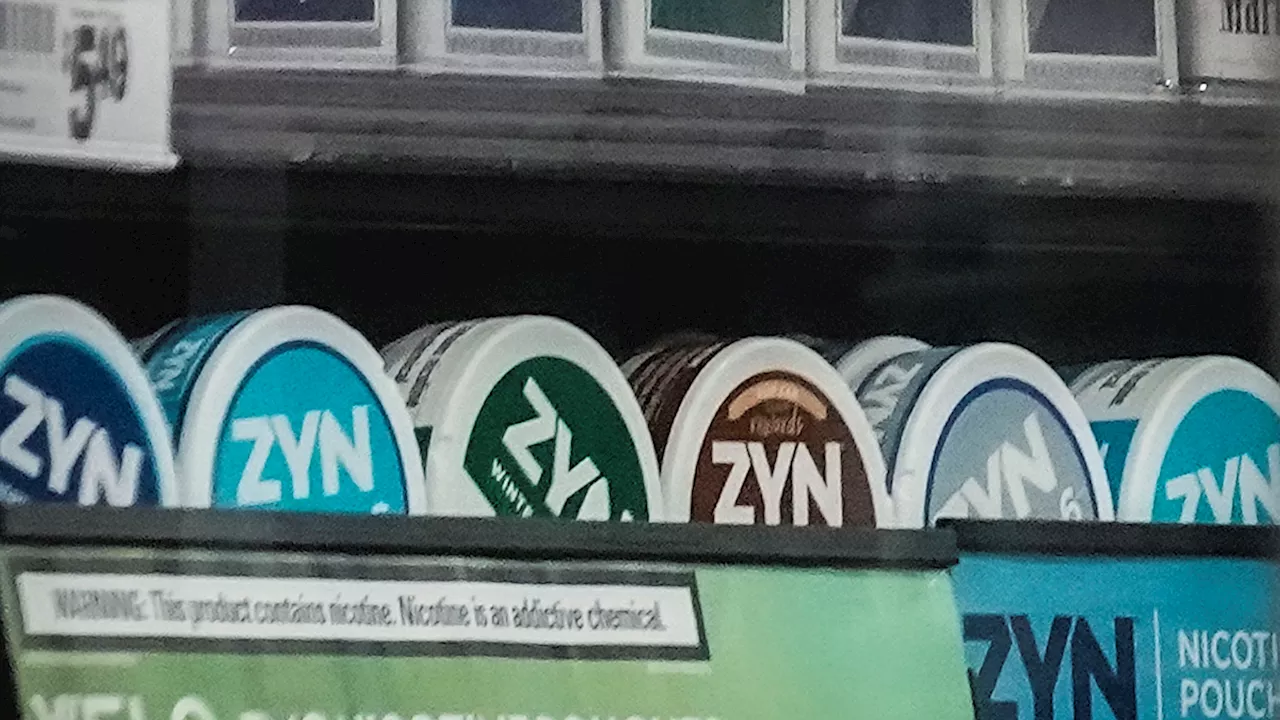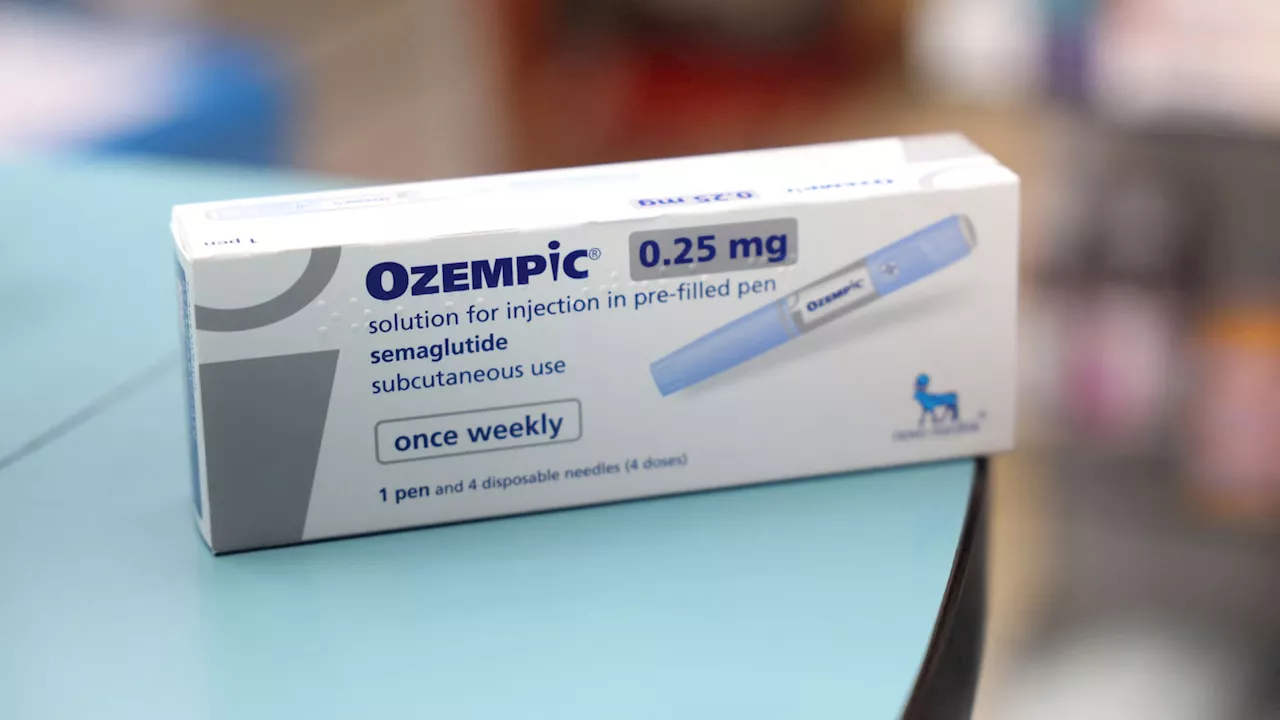The Food and Drug Administration (FDA) has approved Novo Nordisk's Ozempic for patients with both chronic kidney disease and diabetes, marking a significant advancement in the treatment of these interconnected conditions. This approval could transform how doctors manage chronic kidney disease, a major health concern in the United States.
The Food and Drug Administration (FDA) has granted approval to Novo Nordisk 's Ozempic for patients diagnosed with both chronic kidney disease and diabetes. This expansion of Ozempic 's use in the U.S. marks a significant advancement in the treatment of these interconnected conditions.
The FDA's decision allows Ozempic to be utilized in reducing the risk of kidney disease progression, kidney failure, and cardiovascular disease-related mortality in patients with both chronic kidney disease and diabetes. This approval has the potential to revolutionize how healthcare professionals manage chronic kidney disease, a condition characterized by a gradual decline in kidney function and one of the leading causes of death in the United States. Approximately 37 million American adults live with chronic kidney disease, according to Novo Nordisk, with a substantial number of type 2 diabetes patients also affected. This co-occurrence of conditions can lead to further health complications, including an elevated risk of cardiovascular problems and death.Stephen Gough, Novo Nordisk's global chief medical officer, explained that chronic kidney disease is a relentless and progressive condition, as the kidney's ability to filter waste from the blood diminishes year on year. He emphasized that when the disease progresses to kidney failure (end-stage renal disease), patients face the burden of long-term dialysis treatments or kidney transplants, both of which are demanding and carry a high mortality rate, particularly from cardiovascular disease. This approval underscores the significant health benefits of GLP-1s, a blockbuster class of diabetes and weight loss drugs, extending beyond blood sugar regulation and appetite suppression.Clinical trials demonstrated that Ozempic reduced the risk of serious kidney outcomes, including kidney failure, decline in kidney function, or death from kidney or heart causes, by 24% in diabetic patients with chronic kidney disease compared to a placebo. Patients taking Ozempic experienced a slower decline in kidney function, a 18% reduction in the risk of major cardiovascular events like heart attacks, and a 20% decrease in the risk of death from any cause compared to the placebo group. Ozempic also effectively lowered the risk of cardiovascular-related deaths by 29%. Gough highlighted the close relationship between cardiovascular disease and chronic kidney disease, noting that early interventions often focus on reducing cardiovascular risk factors through blood pressure management.The rate of serious adverse side effects was 49.6% in patients who received Ozempic, lower than the 53.8% observed in the placebo group. There was a slightly higher rate of discontinuation among Ozempic patients due to gastrointestinal side effects commonly associated with GLP-1s, such as nausea and vomiting. Novo Nordisk concluded the phase three trial in October, a year ahead of schedule, based on promising results. This development caused shares of kidney dialysis companies to drop, reflecting the potential impact of Ozempic on dialysis demand.From a physician's perspective, Gough emphasized the interconnected nature of these illnesses. 'These illnesses, unfortunately, co-segregate. They cluster within the same individuals,' he stated. 'So if you have a medicine that can target each of these co-morbidities in one injection, then you're addressing what really matters to the patient.'This approval marks a major victory for Novo Nordisk, which has placed three of its semaglutide-based drugs, including Ozempic, Wegovy (weight loss), and Rybelsus (diabetes), on the Medicare drug price negotiation list for the second cycle. Ozempic has already received FDA approval in the U.S. for reducing the risk of major cardiovascular events such as heart attacks and strokes. Novo Nordisk is also investigating Wegovy's potential as a treatment for other conditions.
Ozempic FDA Approval Chronic Kidney Disease Diabetes Cardiovascular Disease Novo Nordisk GLP-1 Drugs Medical Advancements
United States Latest News, United States Headlines
Similar News:You can also read news stories similar to this one that we have collected from other news sources.
 Ozempic Approved By FDA For Kidney Disease—In Ultra-Popular Drug’s Latest ApprovalRegulators have approved the drug as a treatment for weight loss, Type 2 diabetes and lowering the risk of heart attacks and strokes.
Ozempic Approved By FDA For Kidney Disease—In Ultra-Popular Drug’s Latest ApprovalRegulators have approved the drug as a treatment for weight loss, Type 2 diabetes and lowering the risk of heart attacks and strokes.
Read more »
 FDA approves Novo Nordisk's Ozempic to treat chronic kidney disease in those with diabetes, expanding its useExpanded Ozempic approval in the U.S. could transform how doctors treat patients with chronic kidney disease, which involves a gradual loss of kidney function.
FDA approves Novo Nordisk's Ozempic to treat chronic kidney disease in those with diabetes, expanding its useExpanded Ozempic approval in the U.S. could transform how doctors treat patients with chronic kidney disease, which involves a gradual loss of kidney function.
Read more »
 FDA Proposes Front-of-Package Nutrition Labels to Combat Chronic DiseasesThe U.S. Food and Drug Administration (FDA) has proposed a landmark initiative requiring front-of-package nutrition labels on most packaged foods. These 'Nutrition Info boxes' will use a simple color-coded system to highlight levels of saturated fat, sodium, and added sugars, empowering consumers to make healthier choices. The FDA hopes this move will reduce diet-related diseases and encourage food manufacturers to reformulate products with less harmful ingredients.
FDA Proposes Front-of-Package Nutrition Labels to Combat Chronic DiseasesThe U.S. Food and Drug Administration (FDA) has proposed a landmark initiative requiring front-of-package nutrition labels on most packaged foods. These 'Nutrition Info boxes' will use a simple color-coded system to highlight levels of saturated fat, sodium, and added sugars, empowering consumers to make healthier choices. The FDA hopes this move will reduce diet-related diseases and encourage food manufacturers to reformulate products with less harmful ingredients.
Read more »
 FDA Proposes New Front-of-Package Nutrition Labels to Combat Chronic DiseaseThe FDA proposes a simplified nutrition label to help consumers make healthier food choices, focusing on saturated fat, sodium, and added sugars. The new label aims to complement existing nutrition facts and make it easier for consumers to identify healthier options.
FDA Proposes New Front-of-Package Nutrition Labels to Combat Chronic DiseaseThe FDA proposes a simplified nutrition label to help consumers make healthier food choices, focusing on saturated fat, sodium, and added sugars. The new label aims to complement existing nutrition facts and make it easier for consumers to identify healthier options.
Read more »
 FDA Approves Sale of Nicotine Pouches For First TimeThe FDA has authorized the sale of nicotine pouches, a decision that has been met with both support and concern. The agency states that these pouches are less harmful than traditional tobacco products, but there are worries about their potential appeal to teenagers.
FDA Approves Sale of Nicotine Pouches For First TimeThe FDA has authorized the sale of nicotine pouches, a decision that has been met with both support and concern. The agency states that these pouches are less harmful than traditional tobacco products, but there are worries about their potential appeal to teenagers.
Read more »
 FDA Approves Sale of Zyn Nicotine Pouches, Sparking DebateThe FDA has authorized the sale of 10 flavors of Zyn, a smokeless nicotine pouch, sparking debate about its potential health risks and appeal to young people.
FDA Approves Sale of Zyn Nicotine Pouches, Sparking DebateThe FDA has authorized the sale of 10 flavors of Zyn, a smokeless nicotine pouch, sparking debate about its potential health risks and appeal to young people.
Read more »
